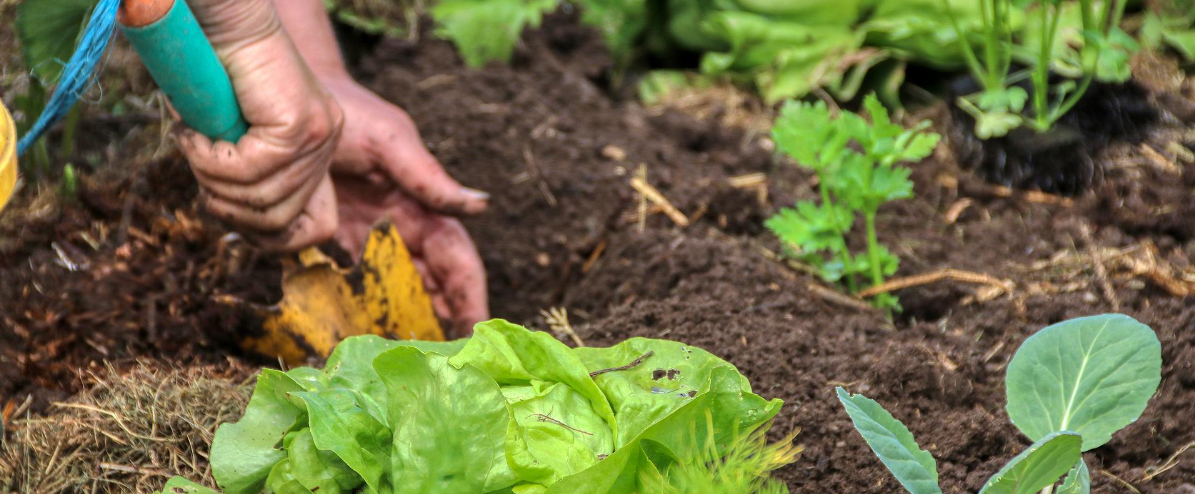Are you looking for essential gardening tips? This article looks at gardening tips for beginners and what to consider when starting a garden.
Are you looking to make your own food or be the proud owner of a beautiful garden where plants thrive? With plant combinations and growing conditions a delicate balance that beginners gloss over when they start a garden, there's a lot to manage.
Keep reading this article for gardening basics and the best gardening tips to help your backyard bloom.
Basic Gardening Tips
Every New Year, more gardeners take up gardening tools and start bringing inspiration to reality up and down the UK. However, due to the many factors that beginner gardeners have to face, many don't follow through with their commitment.
Battling pests, weeding, watering, composting and maintaining a garden through winter is tough, but the best way is to start small. Everyone wants to pick the right plants and veggies, shape and design their lawn to a tee and have their perfect garden ready by next week, but that's not realistic.
But, with more exposure to garden centres, how to care for the wildlife and the quality of vegetables and fruit produced by a home garden, anyone can start creating the best plants and have a healthy garden to show off to friends and family.
Before beginning your gardening journey, you should spend time developing ideas and forming an idea of the type of garden you want. Ask questions and look around for inspiration.
Gardening tips for beginners
If you're new to gardening, here are our top ten tips for creating a better garden and having a more meaningful plan.
Understanding your garden
The first step when making a new garden is understanding how it works because every garden is unique. Firstly, is it North-facing or South-facing? Understanding how the sunlight operates in your space will inform where you can grow select plants.
The soil quality and soil type will also inform you of the plants you can grow, so look around at what's already there and thriving.
Any magnolias, Pieris and camellias will show you the soil is more acidic, but if there are none of those, the soil is alkaline. Conducting a soil test can help you further understand the ground around you and what you can grow.
Planning your garden
Creating a garden is 50% planning, so you can't miss this step. While on your first visit to the garden centre, you may get swept up with the possibility of flowers, herbs and vegetables that you forget to sit down and coordinate everything together.
While you want your young plants ready for summer, you won't be able to grow vegetables and have thriving flowers without planning.
Colour and structure are also important to a garden, as you want to ensure you maintain a nice flow and your plants don't clash with one another. Our advice is to take your time, as all gardens are different. You can save yourself time and money by planning out the garden from the beginning.
Planting your plants
Before the growing season arrives, take time to educate yourself on how to plant correctly. Planting your plants properly will extend their lifespan and help them grow healthily.
Familiarise yourself with mulch and fertiliser, preparing the soil for plants. Take time to deal with weeds and water plants accordingly. Root balls that are not under the soil surface will dry out, and trees planted too deep will not grow correctly; things like this are crucial to learn.

Feeding and watering plants
If you are not watering and feeding your plants, they will not survive for long. You should water the root balls, not the leaves, and soak them properly weekly.
The roots need to absorb the water over time. Wet soil is important for plants to grow, but so is feeding them. Aim to provide your plants with food every fortnight in the growing season, throughout Spring and Summer. Plants that you have set in containers will need to be fed more often than that.
Do a little bit at a time.
Your garden is a work in progress, and you don't have to tackle everything all at once. When starting out, cover areas you're yet working on with black plastic, tarp or cardboard, as this can help prevent weeds from growing.
From there, continue to work on the areas you want to and build it up over time, especially when working with new vegetable patches or allotments, as these can be a lot to handle in one.
Watch out for pests
Pests are going to try and attack your fruits, shrubs and plants. Many garden pests are not a huge risk to you and your plants, so they can be left alone, but if you start seeing increased populations of slugs, snails and aphids, you could be dealing with an infestation, and your garden can suffer.
While local pollinators are vital to your garden's health, keep an eye on other insects and pests. Investing in bug repellent and pesticides can help you, but buy them wisely as some can damage your plants and affect the taste of fruits and vegetables.
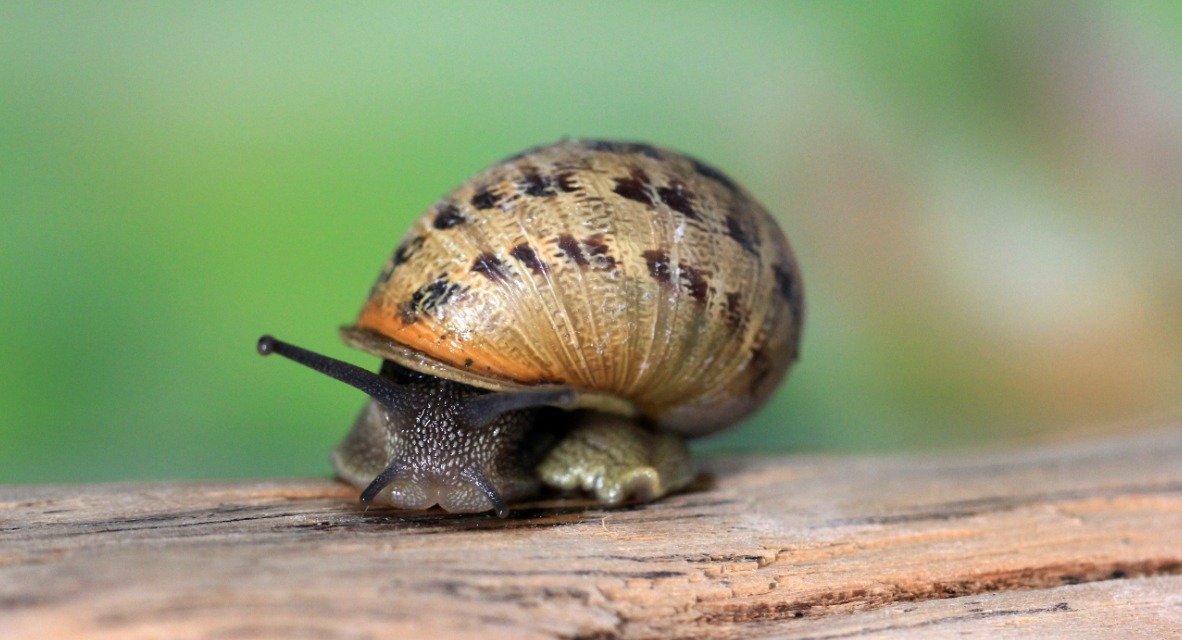
Make use of compost
Gardeners who utilise composting as much as possible will see the biggest rewards in their outdoor space. Turning kitchen and garden waste into mulch through composting is good for the environment, wildlife and can actually save you money.
Using mulch around the base of your plants and the veg patch will improve growth and boost a healthy garden overall. Let the waste break down for a year and revisit it to see impressive results.
Learn to prune
Many beginners are afraid to start pruning their plants because it seems like a daunting task. This is not something you can gloss over, however, and you can start pruning today.
Once you do, you'll realise your plants are healthier and grow better, more likely to produce better fruit and flower. Knowing how and when to prune takes time and knowledge because making the wrong cuts and shaping the plant can set you back months.
Your hedges and ornamental trees should be pruned throughout Autumn, for example, and can really affect the overall garden's aesthetic.
Deadheading should be done with perennials and annuals, too. These are designed to flower, set seed and then die, so when you remove the dead plants, you're encouraging them to repeat this cycle and flower.
Be kind to wildlife
Believe it or not, the wildlife in your garden is actually your friend on many occasions. Beginners view all insects and animals as counterproductive to their garden's success, but it's not the case with many. However, birds do eat your fruit, mice nibble your bean seeds, and pees and insects and larvae defoliate plants - all of which you want to avoid.
That's not to say these animals offer nothing productive, though, as birds eat garden pests like slugs and snails, bees pollinate our food crops, and the garden would be quieter without its amazing wildlife. Start being kind to the wildlife around you and making the garden a habitable space for them, too, as it will only help your garden grow and improve.
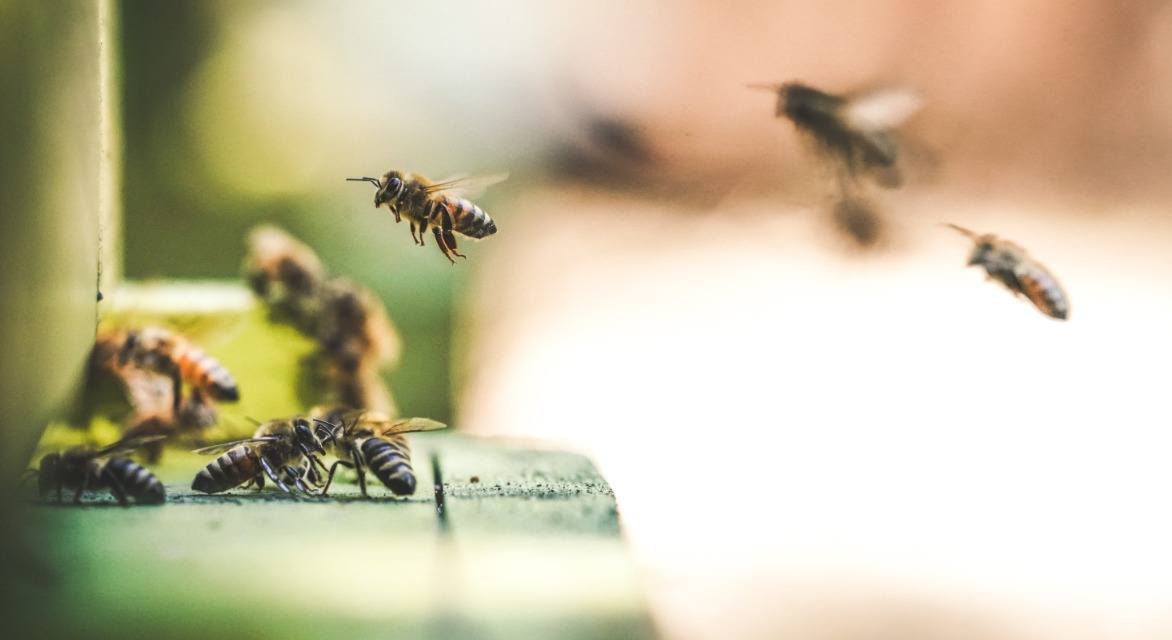
Enjoy the fruits of your labour.
The most important gardening tip we can give you is to enjoy it and relax in the space. Invest in garden furniture and a seating area where you can read, eat, and be with friends and family while looking out at the space.
You can use plant borders that you can enjoy from your bedroom window or hang bird feeders that create a wonderful sound no matter where you are. You have more options than you realise when it comes to enjoying your garden.
What to consider when starting a garden
We have some tips to offer you about things you should start considering before you make any gardening decisions. If you want to start a garden in the near future, start asking yourself the following:
Garden Location
Your garden's location is something you should not overlook because you want to be able to enjoy and see your hard work. If your garden is tucked out of sight, you are less likely to work on it as often as you don't see it.
How your garden looks is as important as how functional it is, so make sure it works with the current layout of your yard and work on creating the best flow.
Pay Attention To Sunlight
Although you may think you know how the sunlight works in your backyard, you must completely reinvent this idea when starting your garden.
Pay attention to how the sunlight moves across the space throughout the day and where the best place to start your vegetable patch is, as many fruits and veg require six hours of daylight a day minimum. Most vegetables require full sun to produce the best tasting and healthiest harvest each year.
Stay Close To Water
As you will be watering your plants weekly, you shouldn't overlook how close the water is to your garden. If you can run a hose to your plants, you have less to worry about, but if you carry water in a bucket each week, you will get tired of this.
Unsure if your plants need water? Stick your finger about an inch into the soil; if it's dry, you need to water them and give them some love.
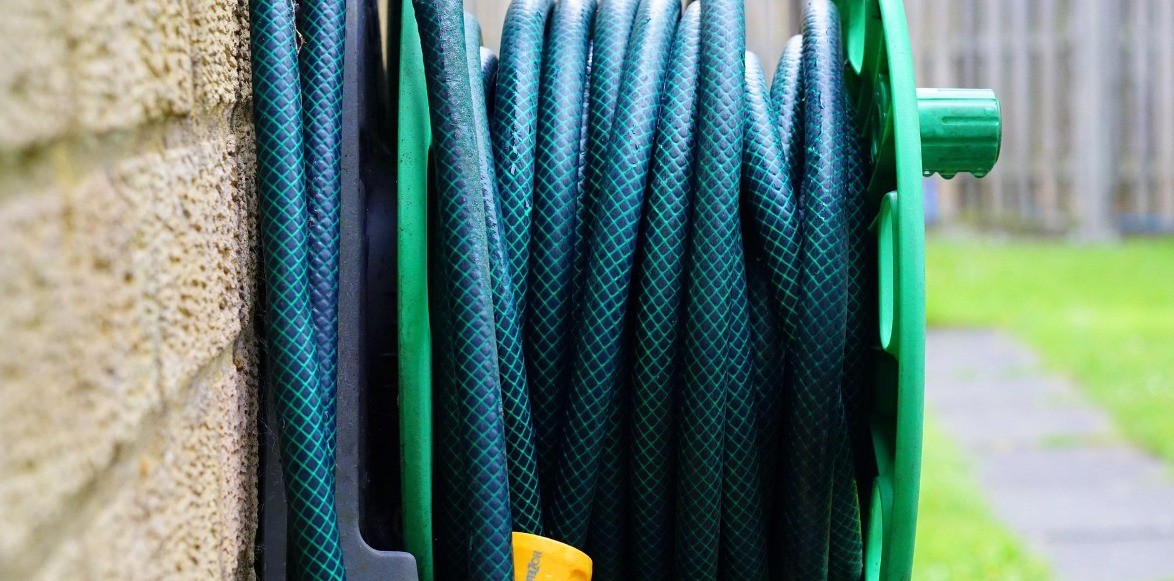
Invest In Nutrient-rich Soil
Your soil should be the first thing you get right because this is the foundation of all work to take place in your garden.
Garden soil should be nutrient-rich and well-drained, which is done by mixing miracle-gro into the top layers. A raised bed requires different products, so be sure to do your research before applying.
Consider Containers
If you live in a smaller house, your garden may be smaller, but this doesn't mean it's the end of the world. Look to investing in containers, as you can grow plants in pots.
This includes herbs, vegetables, fruit trees, berries and shrubs; the list is more extensive than you realise. Ensure the pot is large enough for what you want to grow in there, as they are designed to stop plants from being over-watered and under-watered.
Choosing The Right Plants
Unfortunately, the growing conditions in your yard determine what type of plants you can invest in. Sun-loving plants will thrive in a garden that receives hours of daylight daily but not in darker spaces.
Heat-tolerant plants will be better in hotter climates, and you need enough space for plants with vines like pumpkins and melons. This is why planning ahead of time is crucial, as you must evaluate what works for your garden.
Knowing Your Hardiness Zone
The hardiness zone determines the coldest place a plant can grow in your garden, which helps you choose suitable plants for your space.
The higher the zone number, the climate is hotter, and you can buy more tolerant plants. If your zone is too cold for specific plants, they will not grow and will die, so you will be wasting your money.
Planting At The Right Time
Every garden across the UK has different planting times, and if you don't abide by these, your plants can die quickly after being planted.
The last frost date in Spring for your area will dictate when you can start planning ahead for the summer. The first average autumn frost date will also inform you when you should move your plants back inside and prepare for the colder months of winter. Attempting to plant anything outside these times will spell disaster for your shrubs.
Add Some Mulch
Mulch is helpful for many reasons, mainly to protect your plants and encourage growth. Adding a layer of mulch to the base of your plants, around 2-3 inches deep, can help reduce weeds and moisture loss, meaning you have to water less often.
Using other available materials like straw, shredded leaves and pine can add to the aesthetic you're going for and act as a natural mulch.
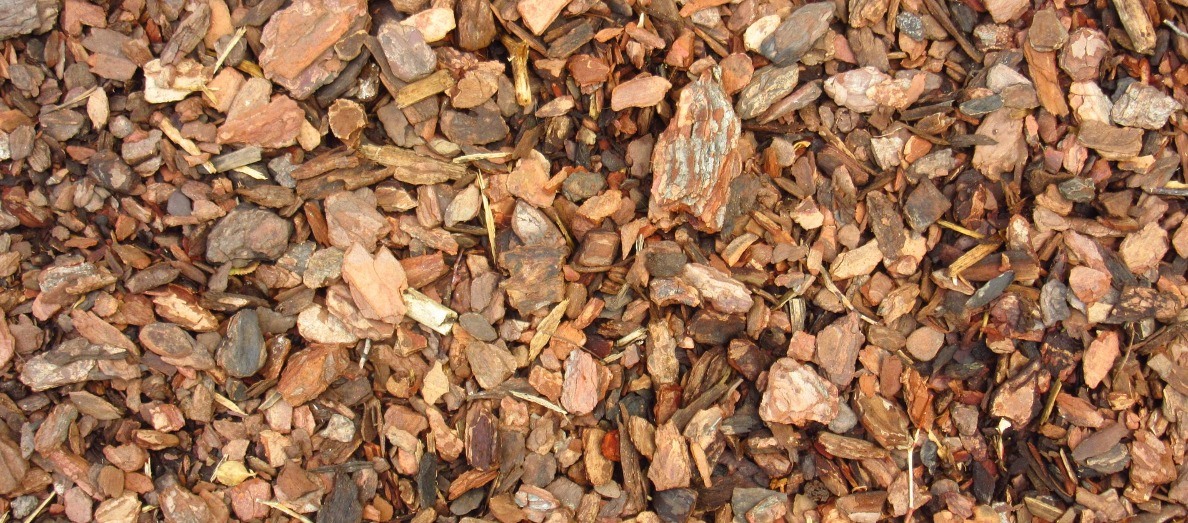
Regular Feed
As addressed above, feeding your plants regularly is beyond important. When you combine regular feeding with good soil quality and the right plants, your garden will become a roaring success in no time. After planting, wait a month and then start applying plant food. Always follow the instructions to avoid causing damage and harming the plants.
We hope you found our article on essential gardening tips useful. Our lawnmower services are here to help you maintain your garden.
Are you looking for lawnmower spare parts in Northampton? Get in touch today! We are the premium provider of lawnmowers and ride on mowers in Northamptonshire.

